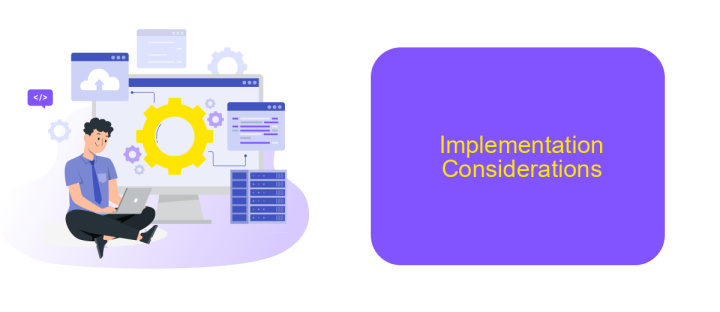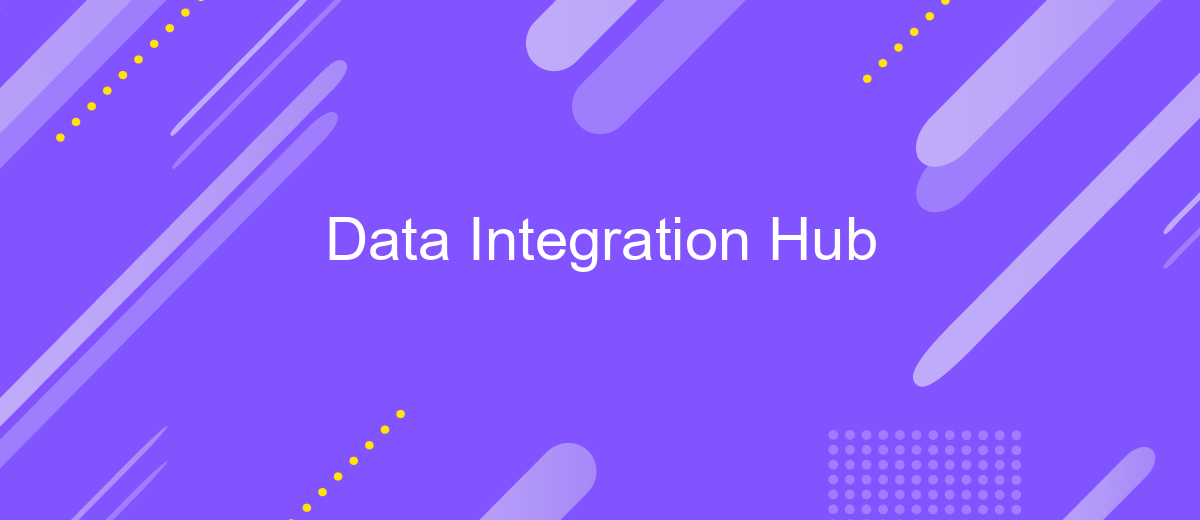Data Integration Hub
Data Integration Hub serves as a centralized platform designed to streamline and manage the complex processes of data integration across various systems. By providing seamless connectivity and robust data governance, it empowers organizations to achieve better data consistency, accuracy, and accessibility. This article delves into the core functionalities, benefits, and best practices for leveraging Data Integration Hub to optimize your data management strategy.
Introduction
Data Integration Hub is a centralized platform designed to streamline the process of integrating various data sources and applications within an organization. By providing a unified framework, it simplifies the complexities associated with data integration, ensuring that data flows seamlessly and accurately across different systems.
- Centralized management of data sources
- Real-time data synchronization
- Scalable integration solutions
- Enhanced data accuracy and consistency
- Support for multiple data formats and protocols
One such solution that aids in the setup of integrations is ApiX-Drive. This service offers a user-friendly interface and robust features to connect various applications and automate data transfer processes. By leveraging tools like ApiX-Drive, organizations can significantly reduce the time and effort required to establish and maintain data integrations, allowing them to focus on deriving actionable insights from their data.
Architectural Overview

The Data Integration Hub is designed to streamline the process of consolidating and managing data from multiple sources. It serves as a central repository where data from various systems is collected, transformed, and made available for analysis and reporting. This architecture ensures that data is consistent, accurate, and up-to-date, providing a single source of truth for organizations. The hub employs ETL (Extract, Transform, Load) processes to clean and standardize data, making it ready for downstream applications and analytics tools.
One of the key components of the Data Integration Hub is its ability to seamlessly integrate with various third-party services and APIs. For instance, using tools like ApiX-Drive, organizations can easily set up automated workflows to connect disparate systems without the need for extensive coding. ApiX-Drive simplifies the integration process by offering pre-built connectors and an intuitive interface, allowing users to synchronize data across different platforms effortlessly. This flexibility ensures that the Data Integration Hub can adapt to changing business needs and integrate new data sources as they emerge.
Benefits and Use Cases

Data Integration Hub offers a centralized platform that simplifies the process of integrating diverse data sources, ensuring seamless data flow across systems. This centralized approach minimizes data silos and enhances data accessibility, leading to more informed decision-making and operational efficiency.
Here are some key benefits and use cases of implementing a Data Integration Hub:
- Improved Data Quality: Ensures consistent data quality by integrating and cleansing data from multiple sources.
- Enhanced Efficiency: Automates data workflows, reducing manual intervention and errors.
- Real-Time Data Access: Provides real-time data access, enabling timely and accurate insights.
- Scalability: Easily scales to accommodate growing data volumes and new data sources.
- Compliance: Helps maintain regulatory compliance by ensuring data integrity and traceability.
For instance, using a service like ApiX-Drive can streamline the integration setup process by offering pre-built connectors and intuitive interfaces. This not only accelerates deployment but also reduces the technical burden on IT teams, allowing businesses to focus on leveraging their data for strategic initiatives. Ultimately, a Data Integration Hub empowers organizations to harness the full potential of their data ecosystem.
Implementation Considerations

When implementing a Data Integration Hub, it is crucial to consider various factors that can impact the overall success of the integration process. Proper planning and execution can mitigate potential risks and ensure smooth data flow across systems.
One of the primary considerations is the compatibility of different data sources and formats. Ensuring that the hub can seamlessly integrate with various systems, databases, and applications is essential for maintaining data integrity and consistency.
- Assess the compatibility of data sources and formats.
- Ensure robust data security and compliance measures.
- Plan for scalability to accommodate future growth.
- Utilize automation tools like ApiX-Drive for efficient integration management.
By addressing these considerations, organizations can create a reliable and efficient Data Integration Hub that supports their data management needs. Leveraging tools like ApiX-Drive can further streamline the integration process, reducing manual efforts and enhancing overall productivity.
- Automate the work of an online store or landing
- Empower through integration
- Don't spend money on programmers and integrators
- Save time by automating routine tasks
Conclusion
In conclusion, the Data Integration Hub plays a pivotal role in streamlining data workflows and enhancing the efficiency of data management processes within organizations. By centralizing data from various sources, it ensures better data quality, consistency, and accessibility, which are crucial for informed decision-making and strategic planning. The implementation of a robust integration hub can significantly reduce manual efforts and minimize errors, leading to more accurate and reliable data insights.
Furthermore, leveraging advanced integration platforms like ApiX-Drive can simplify the setup and management of integrations, making it easier for businesses to connect disparate systems seamlessly. ApiX-Drive offers a user-friendly interface and a wide range of pre-built connectors, enabling organizations to automate data synchronization without the need for extensive technical expertise. Embracing such technologies not only accelerates the integration process but also allows companies to focus on their core objectives, driving growth and innovation.
FAQ
What is a Data Integration Hub?
Why is data integration important for businesses?
How does a Data Integration Hub improve data quality?
Can a Data Integration Hub support real-time data integration?
What tools can be used to automate data integration processes?
Apix-Drive will help optimize business processes, save you from a lot of routine tasks and unnecessary costs for automation, attracting additional specialists. Try setting up a free test connection with ApiX-Drive and see for yourself. Now you have to think about where to invest the freed time and money!


